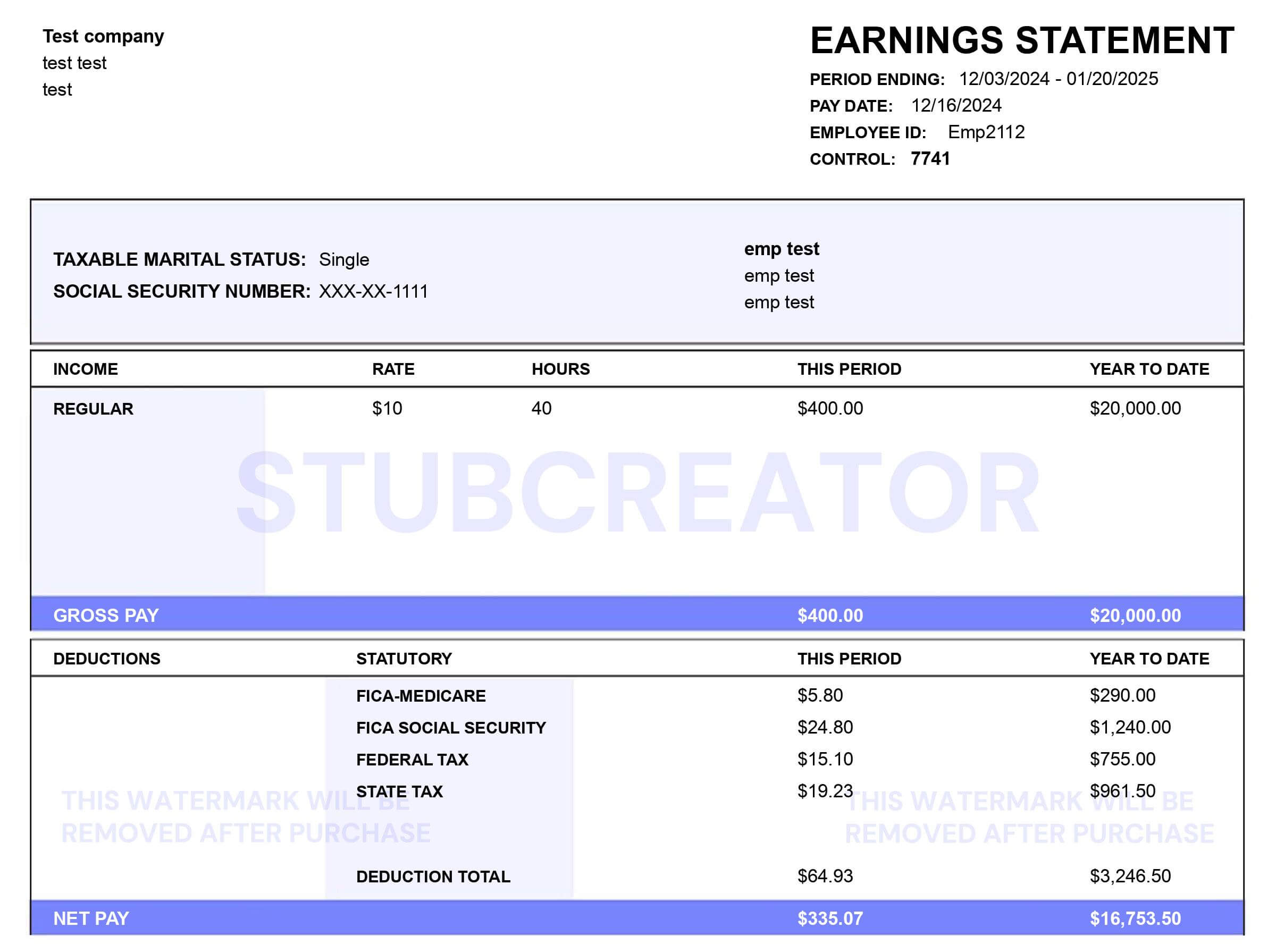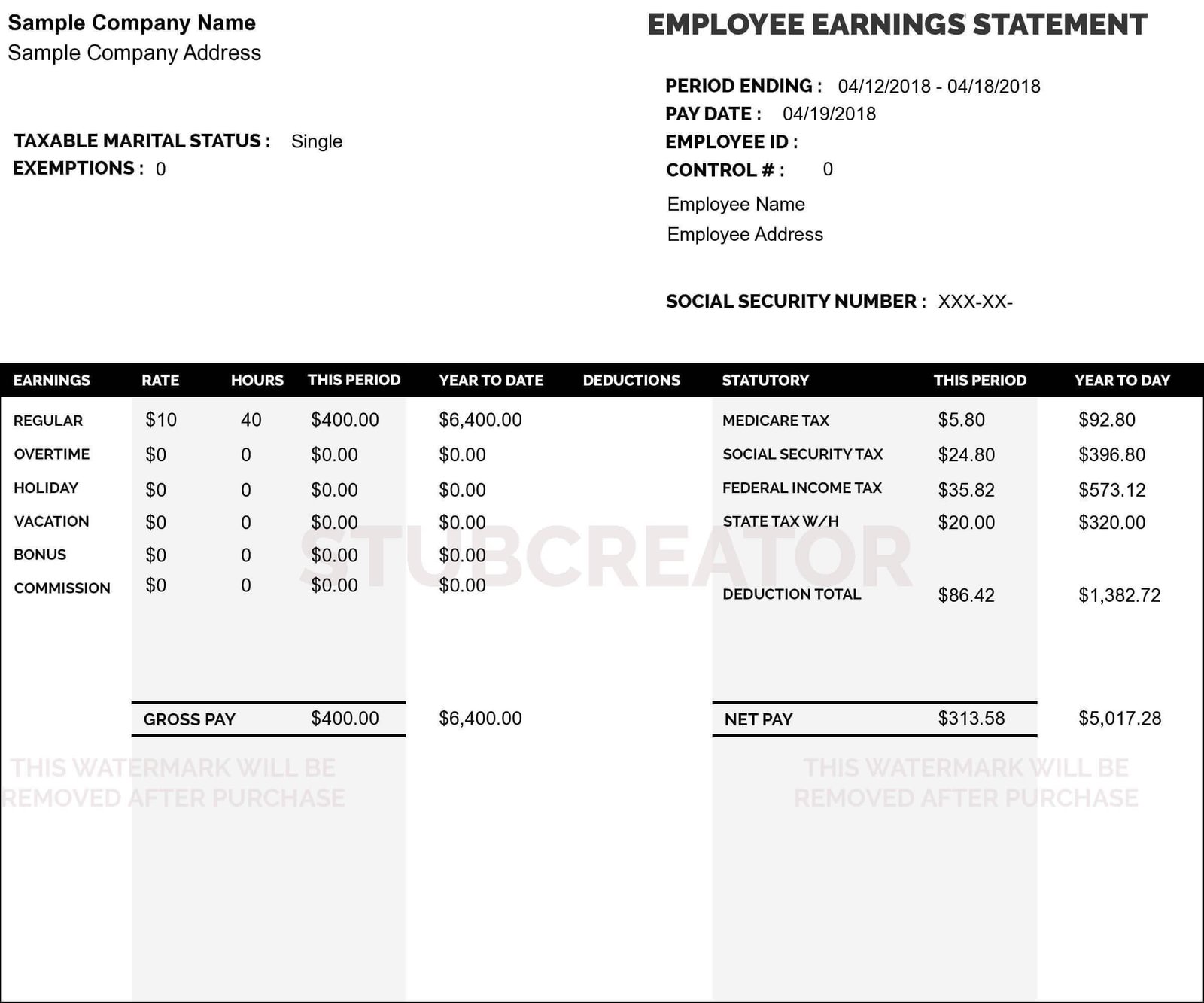Negotiating your salary can be one of the most nerve-wracking yet essential parts of your career. Whether you’re entering a new job, asking for a raise, or discussing a promotion, effectively negotiating a salary hike requires preparation, strategy, and confidence. Understanding how to navigate these discussions can significantly impact your earning potential and overall job satisfaction. In this comprehensive guide, we’ll explore practical strategies to help you successfully negotiate a salary hike, ensuring that your compensation reflects your value and contributions to the organization.
Understand the Importance of Salary Negotiation
Negotiating a salary is more than just about getting more money; it’s about ensuring that your compensation aligns with your skills, experience, and the value you bring to the organization. Key reasons to negotiate your salary include:
- Valuing Your Skills and Contributions: Recognizing your worth in the marketplace and ensuring you are compensated fairly.
- Setting the Right Foundation: Your starting salary often sets the baseline for future raises and bonuses, making it crucial to start from a strong position.
- Achieving Financial Stability: A fair salary helps you meet your financial goals, including savings, investments, and lifestyle choices.
Approaching salary negotiation with the right mindset is crucial for maximizing your earning potential and establishing a positive relationship with your employer.
Research and Know Your Worth
Before entering any negotiation, it’s essential to know your worth. This involves:
- Researching Industry Standards: Use resources like Glassdoor, PayScale, and LinkedIn Salary Insights to find average salaries for your position, industry, and location. Understanding these benchmarks will help you determine a reasonable salary range for your role.
- Assessing Your Skills and Experience: Consider your unique skills, qualifications, and experience. How do these compare to others in similar positions? Are there certifications or skills that set you apart?
- Understanding the Company’s Position: Research the company’s financial health, recent performance, and industry standing. If the company is thriving, it may be more amenable to salary negotiations.
Equipped with this information, you can make a compelling case for why you deserve a salary hike based on market standards and your unique value.
Prepare a Strong Case for Your Salary Hike
To negotiate effectively, you need to build a robust and data-backed case for why you deserve a salary hike.
This involves:
- Documenting Your Achievements: Keep a record of your accomplishments, such as projects completed, revenue generated, cost savings, or any other contributions that have positively impacted the company. Use metrics and quantifiable results wherever possible.
- Highlighting Unique Skills: Emphasize any specialized skills, certifications, or experience that differentiate you from your peers—the more unique and valuable your contributions, the stronger your case for a salary hike.
- Preparing for Objections: Anticipate potential objections your employer might have and prepare counterarguments. For example, if the company cites budget constraints, you could propose alternative compensation, such as additional vacation days, a flexible work schedule, or professional development opportunities.
A well-prepared case that clearly articulates your value and contributions will increase your chances of securing a salary hike.
Choose the Right Time to Negotiate
Timing is crucial when asking for a salary hike. Consider these factors when choosing the right moment:
- Performance Reviews: Annual or semi-annual performance reviews are natural opportunities to discuss compensation. Be prepared to discuss your achievements and future goals during these meetings.
- Company Success: If the company is performing well, such as after a successful quarter or year, this may be an ideal time to request a salary hike. Your employer may be more willing to reward employees during periods of growth.
- Personal Success: Use recent accomplishments or significant contributions to the company as leverage for a salary hike. If you’ve recently completed a high-impact project or received positive feedback, use this success to strengthen your case.
Timing your request strategically shows that you are considerate of the company’s position and are aligning your request with its ability to accommodate an increase.
Practice Effective Communication Techniques
Effective communication is key to a successful salary negotiation. Keep these tips in mind:
- Stay Professional and Confident: Approach the conversation calmly and professionally, focusing on your achievements and the value you bring to the company. Confidence in your abilities and the value you add is essential.
- Use Positive Language: Frame your request positively by focusing on what you have achieved and how you plan to continue contributing to the company’s success. Avoid negative language or comparisons with colleagues, as this can create a hostile tone.
- Listen Actively: Be prepared to listen to your employer’s perspective and consider their feedback. Understanding their position can help you navigate the negotiation process more effectively.
Clear and confident communication will help you present your case effectively and foster a positive negotiation environment.
Be Ready to Negotiate and Compromise
Negotiations are often a give-and-take process. Be prepared to negotiate and consider various outcomes:
- Set a Realistic Salary Range: Determine a reasonable salary range that reflects your market research and your value to the company. Start at the higher end of your range to allow room for negotiation.
- Consider Non-Monetary Benefits: If a direct salary hike isn’t possible, explore other forms of compensation, such as flexible working arrangements, additional vacation days, or professional development opportunities.
- Stay Flexible and Open-Minded: Be willing to find a middle ground that works for both you and your employer. Flexibility can often lead to a more favourable outcome for both parties.
You are being prepared to negotiate shows that you are open to collaboration and finding a solution that benefits both you and your employer.
Leverage a Paystub Generator for a Clear Financial Picture
A free paystub generator can be a valuable tool in salary negotiations. By creating detailed and accurate pay stubs, you can:
- Show Your Current Earnings: Provide a clear breakdown of your current salary, including gross pay, deductions, and net pay. This can help your employer see the impact of your salary on your take-home pay.
- Demonstrate Earnings Over Time: Use past pay stubs to show your earnings history and highlight any discrepancies or areas where a salary hike may be justified.
- Highlight Financial Needs: A detailed pay stub can also help you illustrate any financial needs or obligations that support your request for a salary hike.
Presenting a clear financial picture through a paystub generator can strengthen your negotiation position and provide valuable context to your employer.
Follow Up After the Negotiation
If your request for a salary hike is not immediately granted, don’t be discouraged. Follow up with your employer to:
- Seek Constructive Feedback: Ask for feedback on what you can improve to achieve a salary increase in the future. This shows your commitment to growth and your willingness to work towards mutual goals.
- Set Clear Goals: Work with your employer to set clear goals and milestones that, once achieved, would justify a salary increase. This demonstrates your dedication to your role and your intent to contribute positively to the company.
- Revisit the Discussion: Plan to revisit the discussion after a certain period, such as six months, to reassess your performance and the company’s financial position.
Following up shows that you are committed to your growth and willing to take actionable steps toward achieving a salary hike.
Know When to Explore Other Opportunities
If you have tried the above steps and still find your salary stagnant, consider other opportunities. Sometimes, the best way to increase your salary is to seek a new job with better compensation. Before making this decision, consider:
- Job Market Conditions: Understand the current job market and the demand for your skills. This can help you negotiate a better salary at a new company.
- Company Culture and Growth Opportunities: Ensure that any new opportunity aligns with your career goals and offers a supportive and growth-oriented environment.
Exploring new opportunities doesn’t always mean leaving your current job, but it can provide leverage in salary negotiations or lead to better compensation elsewhere.
Conclusion
Securing a salary hike requires preparation, strategy, and effective communication. By understanding your worth, building a solid case, choosing the right timing, and using tools like a paystub generator to present a clear financial picture, you can improve your chances of achieving a salary increase. Remember, successful salary negotiation is about ensuring your compensation reflects your value to the company and aligns with your financial goals. With the right approach, you can achieve a salary hike that rewards your skills, experience, and contributions, leading to greater job satisfaction and financial stability.










